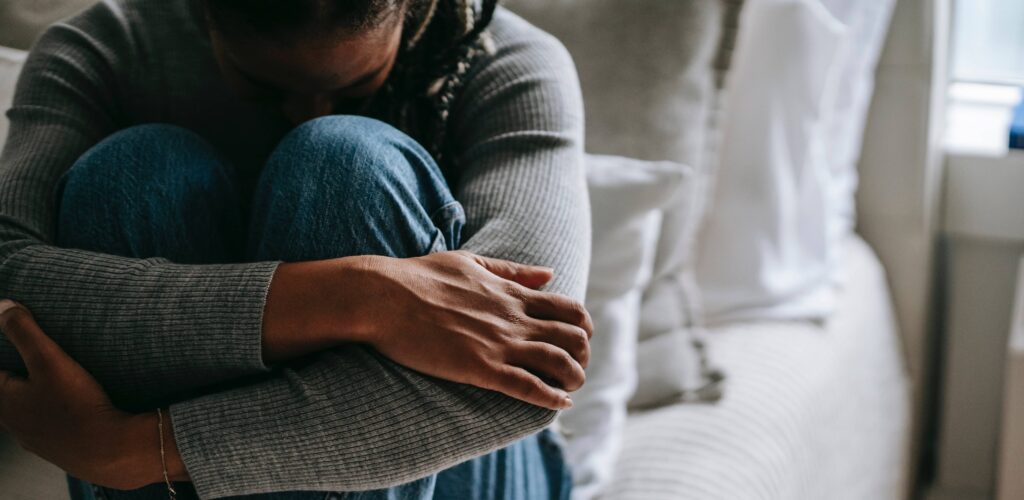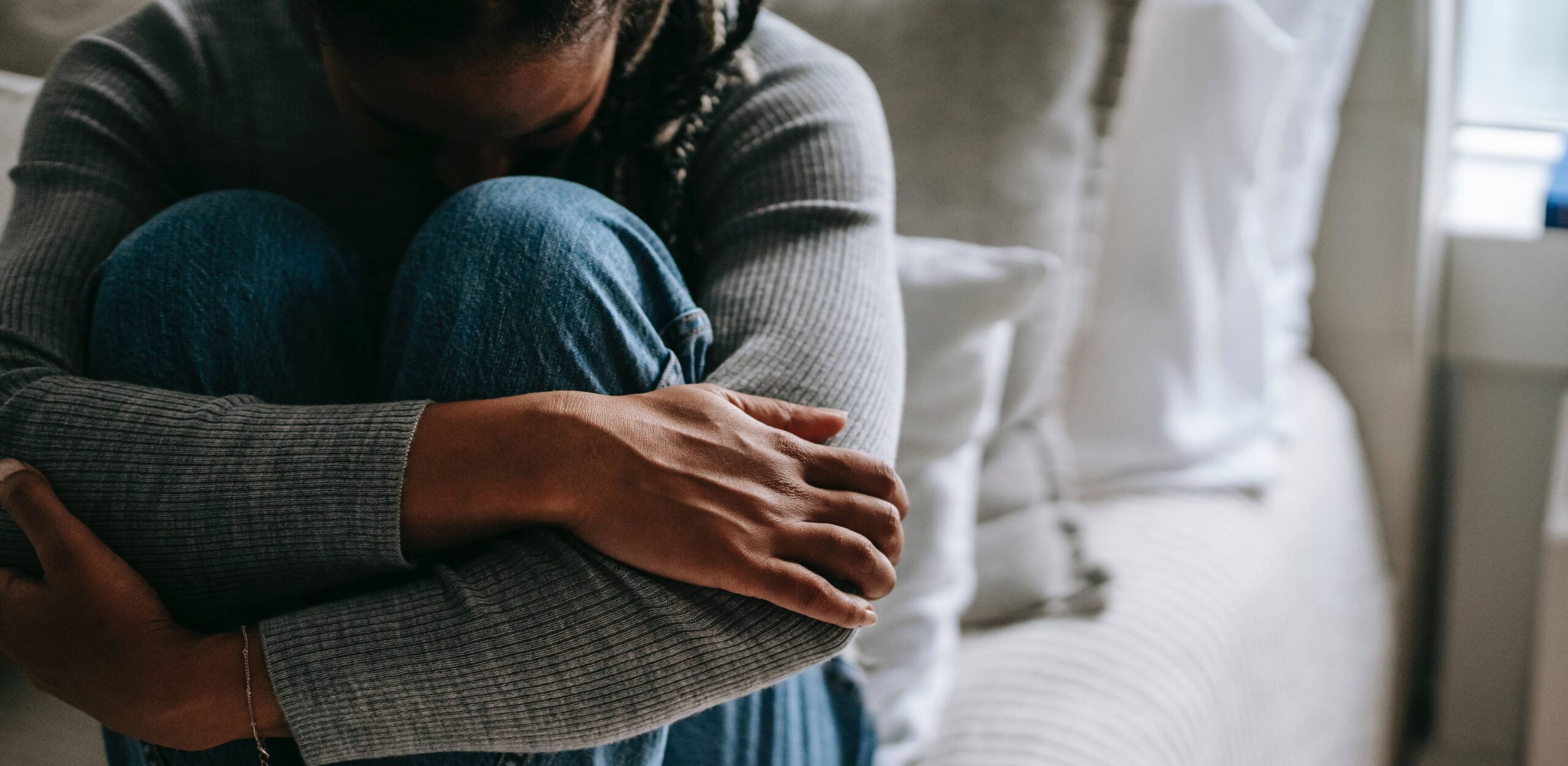
With the normalization of mental health disorders and the popularization of taking care of one’s mental health, where is the same energy when it comes to black women?
As black women, we are seen as everyone’s anchor. We are expected to be in tip-top shape all of the time, and even when we don’t feel like our best selves, we still must be. Black women may have been the catalysts for many societal changes, the blueprint for fashion trends, the real force behind the success of many white success stories…but black women aren’t invincible. Forces beyond our control have the ability to take hold and prevent us from continuing in the roles of invincibility that society places upon us. One of these forces can be depression.
Seasonal affective disorder, seasonal depression, winter blues…have you heard of this? Seasonal Affective Disorder, appropriately shortened to SAD, is a type of depression characterized by its recurrent seasonal pattern, with symptoms lasting about 4 to 5 months per year. December 21st, 2021, at 10:59 AM EST was the winter solstice for the northern hemisphere: the shortest day of the year providing us with the least amount of sunlight. Since that day, the hours of sunlight have gradually been increasing and will continue to do so until we reach the summer solstice: the day with the longest period of sunlight. Because of the cyclical lack of sunlight during the year, according to the American Psychiatric Association, about 5 percent of adults in the U.S. experience SAD which typically lasts about 40 percent of the year and is more common among women than men. For those with seasonal affective disorder, the season surrounding the winter solstice can become extremely difficult to endure.
When it comes to black people’s experiences with depression, Black adults in the U.S. are more likely than white adults to report persistent symptoms of emotional distress such as sadness, hopelessness, and feeling like everything is an effort. This is greatly in part due to the racism and discrimination that black people face in the U.S., and when it comes to black women, societal expectations of strength and invincibility exacerbate the pressures that come with being black in this country. In recent years, resources have been established to provide black people with mental health care that recognizes and addresses the pressures and challenges that are specific to the black American experience. One of these resources, developed by Atlanta-based licensed psychologist Dr. Joy Harden Bradford, is Therapy For Black Girls. Dr. Joy started this resource with the intention of wanting to create a platform that allowed black women to connect to mental health topics in a way that felt relevant and accessible to them, as she told HuffPost in a 2018 interview. The platform, which started as blog posts, has now expanded to include a weekly podcast and a national directory of black, female therapists.
Mental health is becoming increasingly less taboo in mainstream society as more people continue to share their experiences with mental health issues in an effort to normalize what are actually shared experiences. However, seasonal affective disorder is often invalidated by society and commonly trivialized through its characterization as simply “winter blues”. If you are a black woman whose lived experience includes seasonal affective disorder, this form of depression is not any less valid than someone who experiences depression that is unrelated to the amount of sunlight that a day receives. If you are a black woman experiencing any mental health challenge, you are able to grant yourself the space to ensure your mental well-being. If you feel as though you may be experiencing seasonal affective disorder, reach out to a mental health professional as opposed to self-diagnosing, so that you are receiving accurate and proper care for your mental health. Alicia Keys may have sang that even when she’s a mess she still puts on a vest with an “S” on her chest, but that does not have to be the way in which you navigate your mental wellness. You are allowed and able to give yourself grace as you ensure your holistic well-being.
If you or someone you know is struggling, please reach out to NAMI, the National Alliance on Mental Illness at 800-950-NAMI (6264) or you can find resources on their website. In a crisis, text “NAMI” to 741741.
